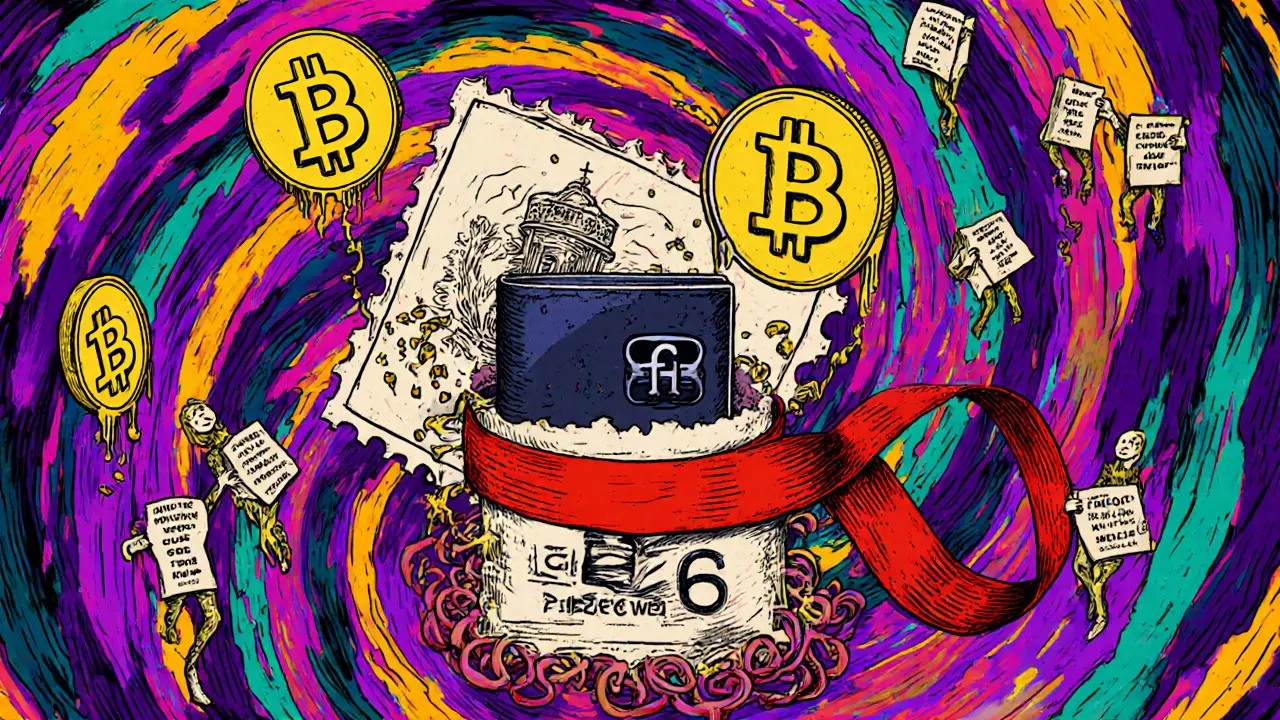Ledger Wallet India: How to Use and Stay Safe with Hardware Crypto Storage
When you buy a Ledger wallet, a hardware device that stores your crypto offline to protect it from hackers. Also known as a cold wallet, it’s one of the safest ways to hold Bitcoin, Ethereum, or any other digital asset. In India, where crypto exchanges like WazirX and Bybit have faced regulatory trouble, using a Ledger wallet isn’t just smart—it’s essential. Unlike apps or online wallets, a Ledger device keeps your private keys locked away from the internet, so even if your phone gets hacked, your coins stay safe.
Many Indian crypto users assume Ledger wallets are blocked or restricted here, but that’s not true. The Indian government doesn’t ban hardware wallets—only unregulated exchanges and risky platforms. A Ledger Nano S, a popular hardware wallet model that supports over 5,500 cryptocurrencies and uses a secure chip to encrypt data works perfectly in India. You can buy one from Amazon India, Flipkart, or local retailers. Just make sure you’re buying from an official seller—fake Ledger devices are common, and they steal your crypto the moment you set them up.
Setting up your Ledger is simple: plug it in, create a 24-word recovery phrase (write it down, don’t screenshot it), and never share it with anyone—not even someone claiming to be from Ledger support. India’s crypto scene is full of fake customer service numbers and Telegram bots pretending to help you ‘claim airdrops’—those are scams. Your Ledger is designed to be used without trusting anyone online. The crypto wallet setup, the process of initializing a hardware wallet with a secure seed phrase and verifying addresses before sending funds is your first line of defense.
Why does this matter right now? Because India’s crypto rules are tightening. The FIU has started tracking wallet addresses, and exchanges are required to report large transactions. If you’re holding crypto on an exchange, you’re at risk of freezing, hacking, or sudden regulatory action. But with a Ledger, you control everything. You can send, receive, and stake tokens without giving up your keys. And if the government ever bans a specific token, your Ledger still holds it—no one can force you to hand it over.
You’ll find posts here that explain how to use Ledger with Indian payment methods, how to spot fake airdrops targeting Indian users, and which tokens actually work well on Ledger in 2025. There are also guides on avoiding scams that trick people into revealing their seed phrases under the guise of ‘free crypto.’ You won’t find fluff here—just real, tested advice from people who’ve been through the chaos of India’s crypto market.
Non-Custodial Crypto Wallet Ban Proposals in India: What’s Really Happening in 2025
India isn't banning non-custodial crypto wallets, but it's making them hard to use with heavy taxes, unclear rules, and forced compliance. Here's what's really going on in 2025.
